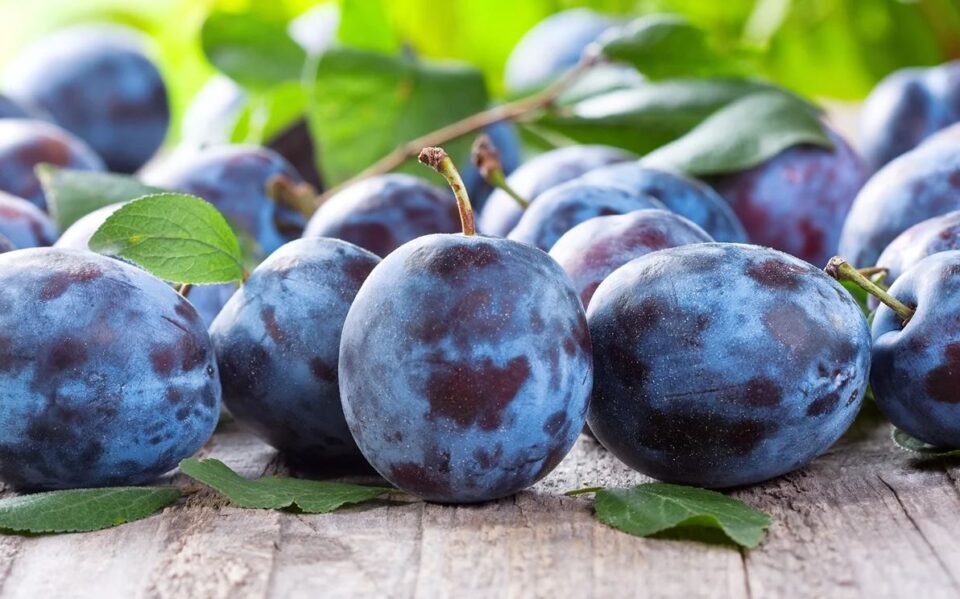At the end of last year citing the National Food Safety Agency (ANSA) and the customs service, Moldovan farmer organizations reported that in 2020 almost 23,000 tons of plums were exported from the country to the European Union and in 2019, nearly 20,000 tons. This fruit was exported to 14 countries: Romania (10,500 tons), Poland (3,200 tons), Germany (2,600 tons), and Croatia (1,500 tons) are the largest buyers of Moldovan plums on the European market. Compared to the data for 2019, supplies to Romania decreased by 14% but in the other three countries, they increased by 112%, 88%, and 136% respectively. Representatives from the Moldovan farmer organizations believe that the dynamics of export growth to the EU could have been higher if farmers had previously created a centralized system for product purchases to form large consignments of goods throughout the marketing season.
According to Andriy Zbanka, an expert with the Federation of Agricultural Producers of Moldova (FARM), plum production in Moldova is concentrated mainly on small farms of several hectares to several dozen hectares of plum orchards. Despite the total area of plum plantations (22,700 hectares) being almost half the area of apple orchards (50,000 hectares) in the country, the total number of plum growers is significantly greater than that of apple producers.
Read also: Prices falling in Moldova for roots, tubers, and onions due to overstocks
Traders specializing in plum purchases and exports have to conduct business with numerous small farmers. Yet, the volumes of products merchants put in refrigerated storage for subsequent external deliveries rarely exceed 500-800 tons. Meanwhile, many European buyers in the last two or three years have been interested in systematic supplies during the plum season of at least 1,000-2,000 tons.
“In the European market, a Moldovan plum can be quite competitive in terms of sensory characteristics. However, in order for this product to be remembered and preferred by consumers, sufficiently large deliveries are required strictly according to the schedule established by the retail network. We are not entitled to send to the buyer one batch of goods within the agreed period and the other with a delay of a week or two. During this delay, the consumer will switch to the products of other suppliers, and in the worst case, they will forget about us altogether,” says Andriy Zbanka.
According to the expert, the problem can and should be solved by the merger of farms and small agricultural enterprises into large business cooperatives. The management of such structures would be able to monitor the requirements of certain markets in terms of the quantity and quality of agricultural products, its assortments, residual pesticide content, packaging and labelling, etc. Thanks to such cooperatives, farmers would be able to participate in the formation of the “price chain” not only at the distance between the farm and the refrigerator but at all other stages as well.
The use of the site materials is free if there is a direct and open for search engines hyperlink to a specific publication of the East-Fruit.com website.




